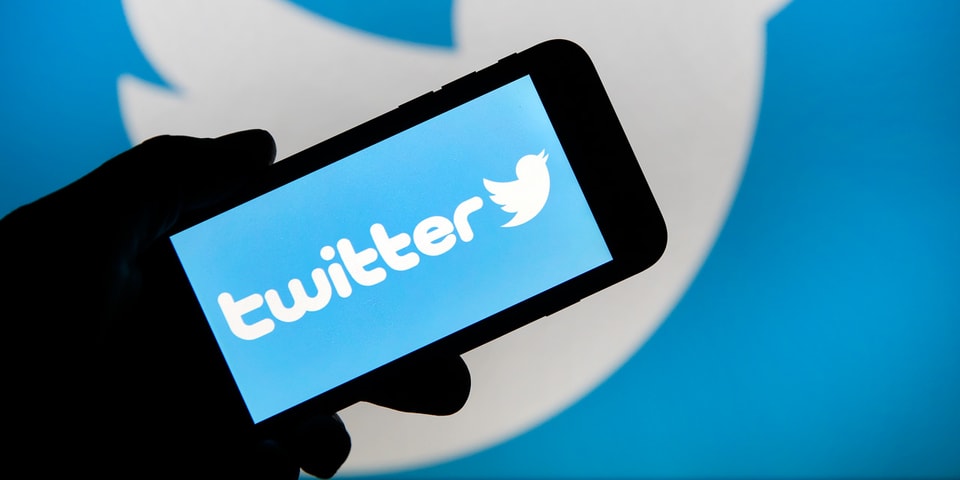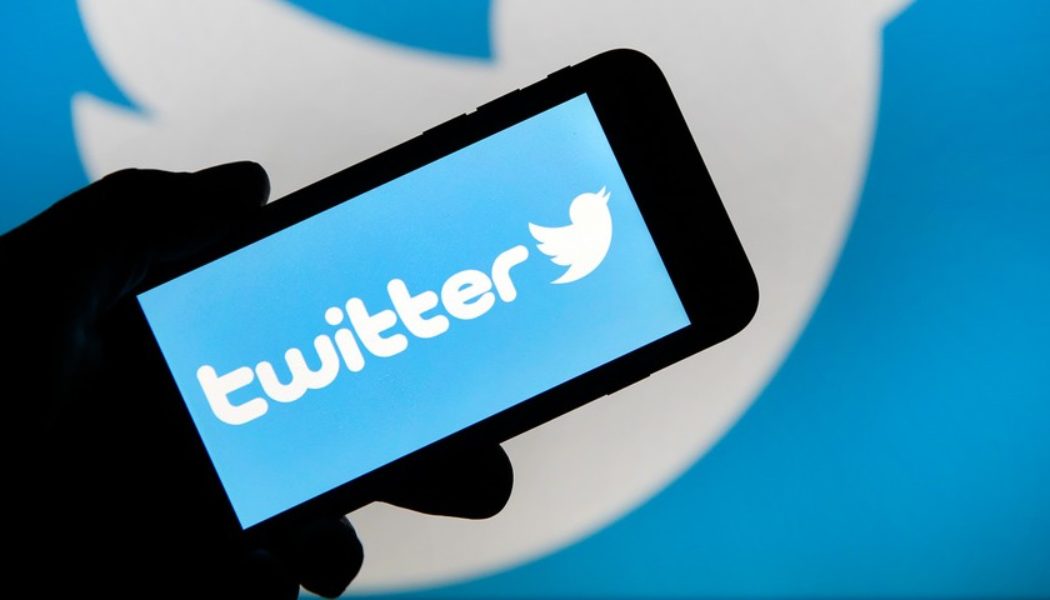
Twitter has shared the discoveries of a study that examined which news outlets and elected political officials are amplified by its algorithm. The study analyzed hundreds of millions of Tweets containing political content that linked to articles, published between April and August of last year. It then enlisted two independent organizations, AllSides and Ad Fontes Media, to categorize the news outlets based on media bias ratings.
The platform discovered that certain political content, particularly right-wing content, is favored on its timeline.
“Right-leaning news outlets, as defined by the independent organizations listed above, see greater algorithmic amplification on Twitter compared to left-leaning news outlets,” Twitter reported.
Twitter users have had the option to view the timeline algorithmically ordered or the most recent Tweets in reverse chronological order since 2016. The study also looked at tweets from the accounts of elected officials in several countries — the United States, Canada, France, Germany, Japan, Spain and the United Kingdom — considering how political content was represented on the algorithmically ranked timeline versus the reverse chronological timeline.
“In six out of seven countries — all but Germany — Tweets posted by accounts from the political right receive more algorithmic amplification than the political left when studied as a group,” the platform said.
Twitter explained that the study found that “group effects did not translate to individual effects,” meaning that two political officials from the same political party would not necessarily receive the same amplification.
The platform noted that “algorithmic amplification is not problematic by default.” Rather, it becomes problematic when the algorithm gives preferential treatment as a result of its construction and not based on how people interact with it. Twitter said it will require further analysis to decide if any changes to the algorithm should be made to reduce potential negative impacts.
In other tech news, Twitter has acquired the London-based group chat app Sphere.









